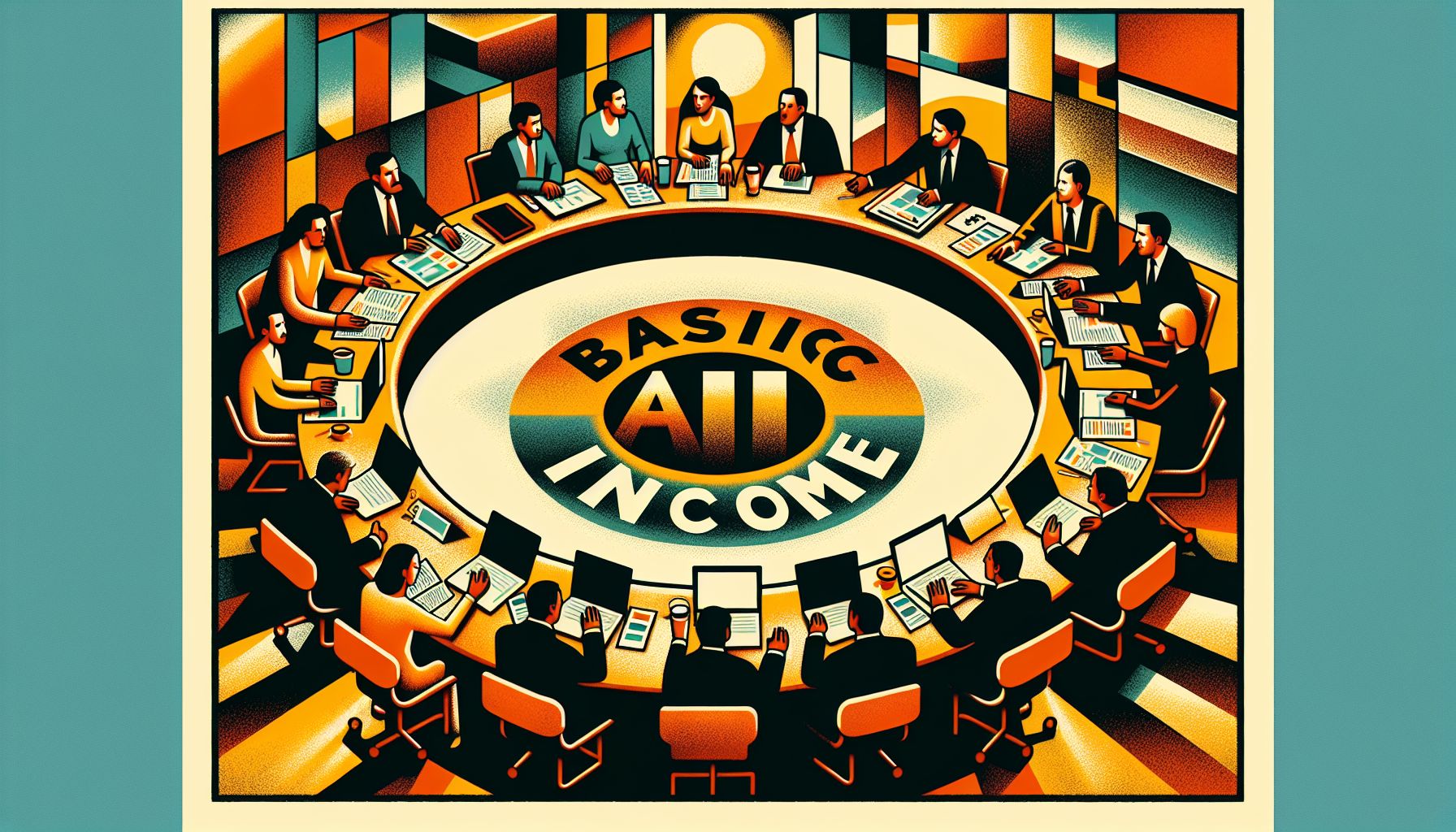Basic Income Debate Intensifies as AI Threatens Jobs

Brussels, Monday, 5 August 2024.
As AI advances, prominent tech figures advocate for basic income to address potential job losses. A study by OpenAI explores its impact, while economists debate the extent of AI’s job displacement. The discussion highlights the urgent need for adaptive policies in the face of rapid technological change.
OpenAI’s Study on Universal Basic Income
OpenAI’s research arm, OpenResearch, recently conducted a comprehensive study involving 3,000 participants who received either $1,000 or $50 monthly for three years. The primary usage of these funds was for essential needs such as rent and food, although some participants considered using the money for education or relocation. Karina Dotson, research and insights manager at OpenResearch, emphasized that ‘cash is the only tool that provides the flexibility needed to address the diverse challenges people face over time.’ This study is crucial in understanding the potential of basic income as a buffer against AI-induced job losses.
Advocacy from Industry Leaders
Sam Altman, CEO of OpenAI, is a strong proponent of basic income, arguing that it is an ‘obvious conclusion’ given the anticipated AI-driven job losses. Altman believes that ‘computers will replace effectively all manufacturing,’ a sentiment echoed by several other tech leaders. This perspective is backed by an International Monetary Fund (IMF) analysis, which estimates that nearly 40% of global employment is exposed to AI, with the figure rising to 60% in advanced economies. Similarly, a study by Adecco found that 41% of C-Suite executives are contemplating hiring fewer employees due to AI advancements.
Economic Perspectives and Counterarguments
While some experts predict significant job displacement, others argue that the impact may be less severe. MIT research suggests that only 23% of U.S. jobs could be cost-effectively replaced by AI, noting that some tasks may take ‘decades’ to match human performance. Additionally, a report from the AI Seoul Summit indicates that temporary job losses due to AI will be ‘short term’ and offset by new jobs in future automation waves. Guy Standing, founder of the Basic Income Earth Network, criticizes the pessimistic view on AI job displacement, stating that it is ‘getting too much attention.’ Standing points out that the U.S. is currently experiencing its highest number of job vacancies in history, despite the rise of AI.
Global Policy Responses and Future Outlook
Policymakers worldwide are grappling with the implications of AI on the labor market. The G7 adopted the Hiroshima AI process in December 2023, promoting the development of safe advanced AI systems. Concurrently, the G20 is working on an ultra-rich tax projected to generate up to $250 billion from the world’s wealthiest 3,000 individuals. These measures aim to create a safety net for workers displaced by AI and ensure a fair distribution of the economic benefits derived from technological advancements.
Conclusion: The Path Forward
The debate over basic income in the context of AI-induced job losses is far from settled. OpenAI’s study and the advocacy from industry leaders like Sam Altman underscore the potential benefits of basic income as a mitigating measure. However, the mixed economic perspectives highlight the need for nuanced and adaptive policy approaches. As AI continues to evolve, the global community must prioritize inclusive social dialogues and proactive measures to navigate the complex landscape of technological change.

